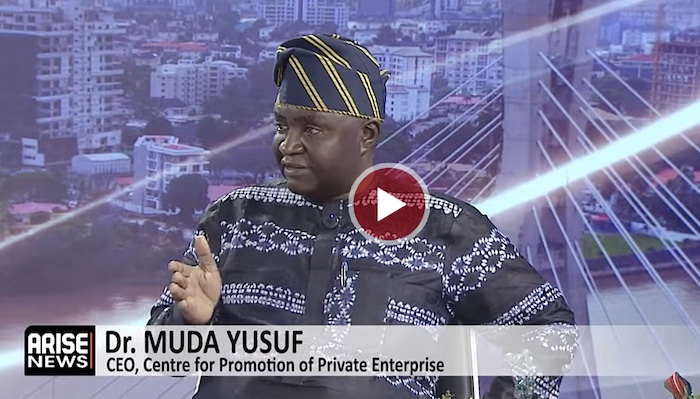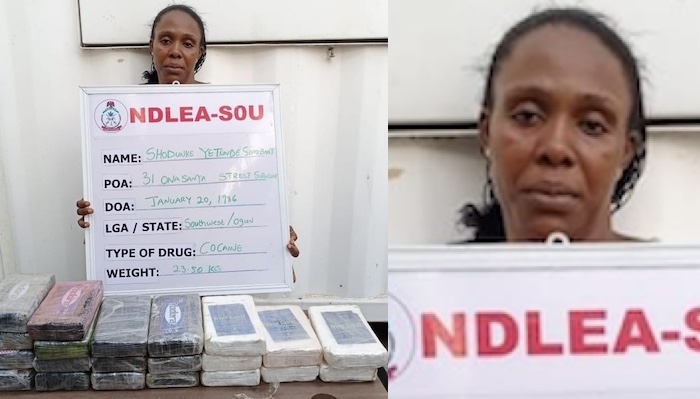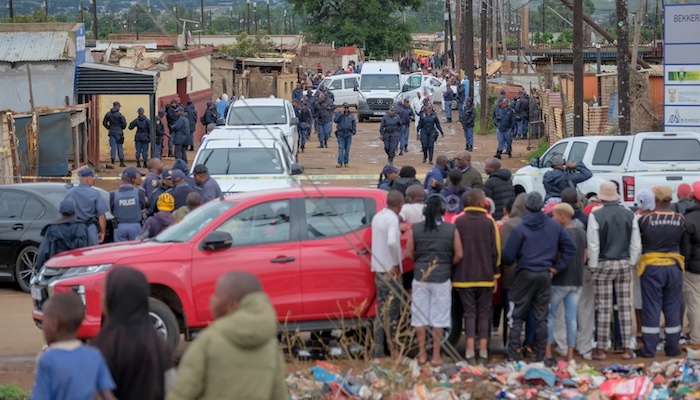
WTO chief urges faster implementation of AfCFTA, investment in skills and technology to unlock Africa’s growth potential….
Director-General of the World Trade Organisation (WTO), Ngozi Okonjo-Iweala, has revealed that trading within Africa costs about 20 percent more than trading with other regions of the world, highlighting a major barrier to the continent’s economic integration.
In an interview with CNN’s Christiane Amanpour published on Tuesday, Okonjo-Iweala noted that despite Africa’s vast resources, structural challenges continue to limit trade growth and regional integration.
“We have the African Continental Free Trade Area (AfCFTA), which is one of the best initiatives for boosting intra-African trade. But we need to accelerate its implementation because currently, only 15 to 20 percent of our trade is within Africa, compared to over 60 percent in the European Union,” she said.
She added that the cost of trading within Africa is higher than trading externally, citing examples such as Lesotho struggling with local textile production while the continent imports $7 billion worth of similar textiles.
“It costs 20 percent more for us to trade with each other than with the rest of the world. Something is wrong with that,” she said, emphasizing that reducing these costs could unlock Africa’s trade and resource potential.
Investing in Skills, Technology, and Infrastructure
Okonjo-Iweala highlighted that while the International Monetary Fund (IMF) projects Africa’s economy to grow by about 4 percent this year and next, the continent has the potential to achieve much higher growth given its rapidly expanding population.
“By 2050, Africa will have 2.5 billion people, making up 22 percent of the world’s working-age population. If this population is skilled, it could be a tremendous resource for the continent and the world,” she said.
She stressed the need for investment in education, technology, and infrastructure to fully harness Africa’s potential.
“You can’t just say we have people, therefore we are rich. They have to be skilled. We must stay ahead in technology and AI,” she added.
Despite Africa holding 30 percent of the world’s mineral resources and 67 percent of its arable land, challenges like unreliable power, poor connectivity, and inadequate infrastructure continue to hold back growth.
However, the WTO chief expressed optimism about Africa’s future, inspired by its innovative and creative youth driving progress in fintech, agritech, health tech, and the creative industries.



